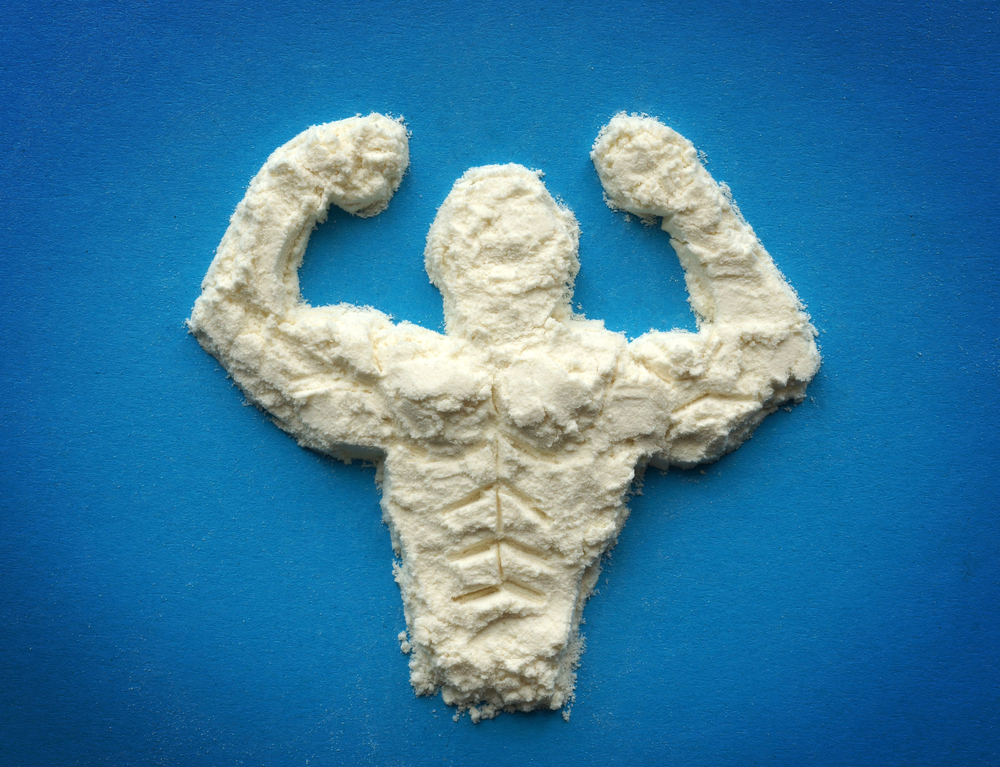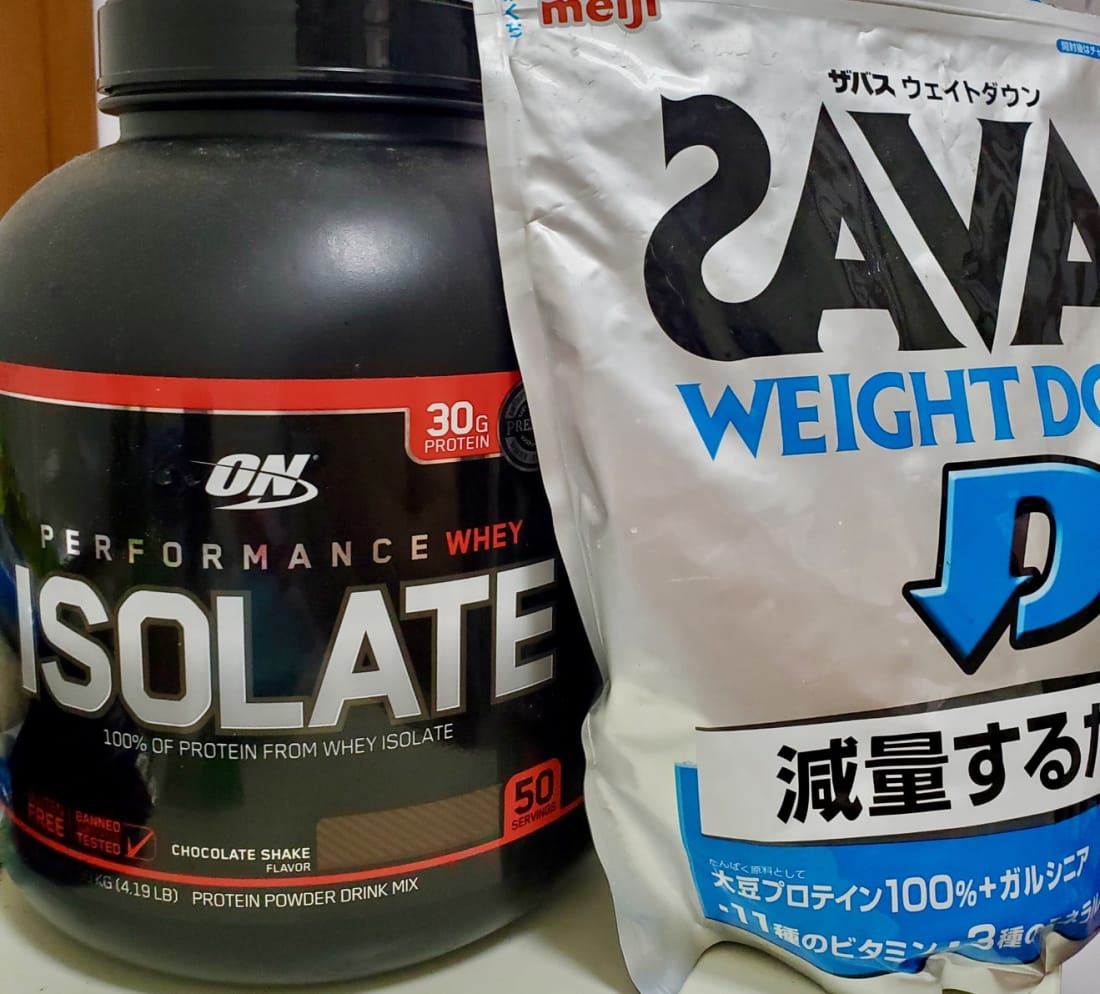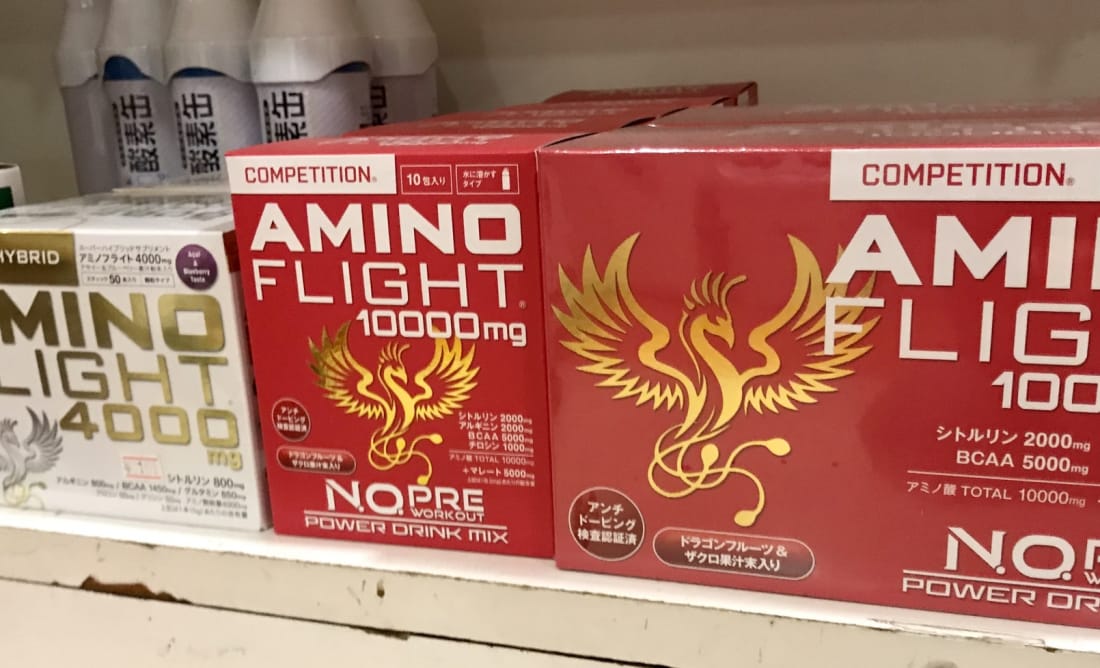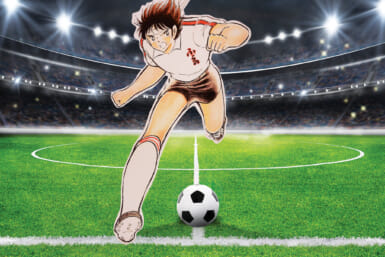Fitness products are confusing. It’s often hard to sort through all the options and terminology swirling around the supplement industry. Now imagine trying to figure out which of the many products are best for you in a foreign country.
How do you know what you should and shouldn’t be taking? Everyone is different with different goals and it’s important to listen to your own body before supplementing. So, here is a basic outline of products commonly available in Japan to help you weigh your options.
Protein Bars
When starting out, nutrition coaches will often ask their clients what their favorite health foods are to get an idea of how to program an eating plan that doesn’t drive them insane. One of the more common answers to this question is protein bars. However, these are far from being as universally “healthy” as people believe them to be.
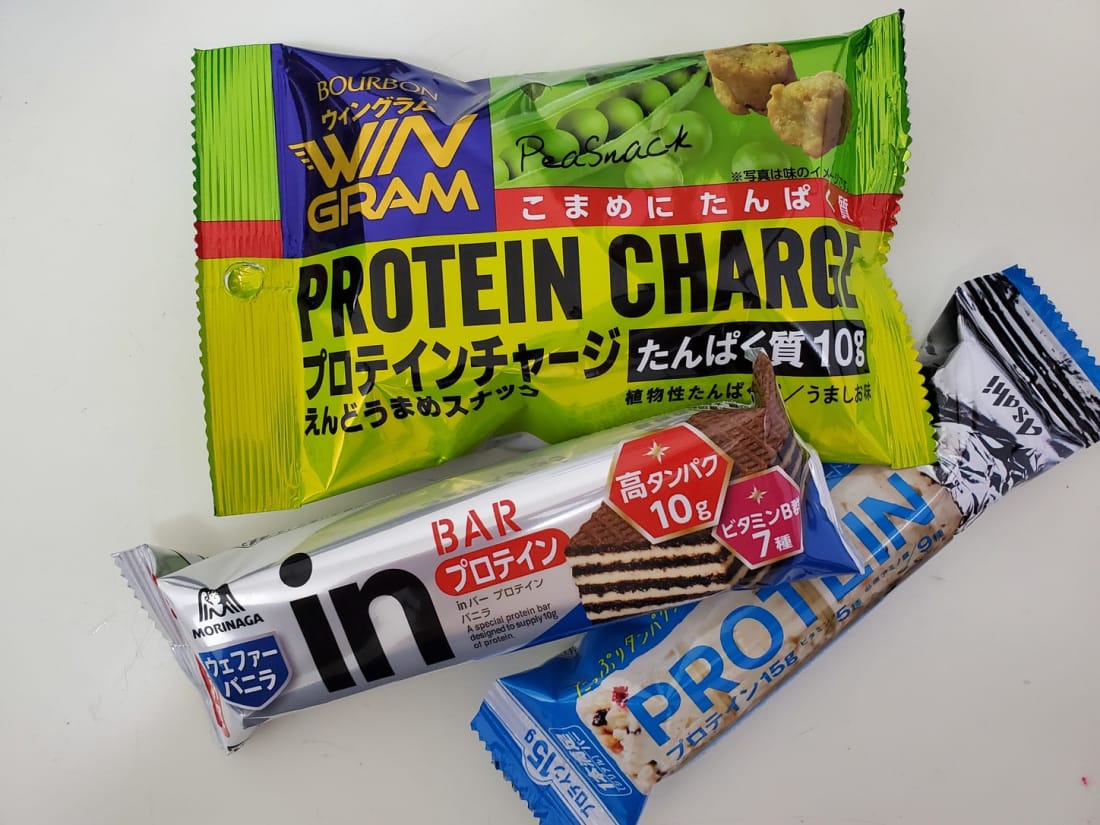
What do they do? Despite being marketed as “protein,” it’s generally secondary for these products. While not as catchy, they are actually more useful as a fast-acting carbohydrate source to fuel your workouts. Fast-acting carbs are foods that can be broken down into glucose quickly to be used as fuel. The closer to glucose it already is, the faster it can be used as fuel. Basically, they’re desserts that are filled with extra nutrients.
How do they help? If you’re going for long runs, these are good for a quick boost to keep you going and fight off hunger. But, if you’re looking for a way to supplement protein these aren’t the best option. They have more protein than most snacks, but still less than something like an egg, and at twice the calories.
Where can I find them? You can find a section dedicated to protein bars and drink pouches at almost any store in Japan. Many of the Japanese brands have several added vitamins and minerals listed, but if you’re looking for nutrient rich, you’re better off choosing fruit. And, if you want some extra protein in your diet, there are products from companies that specialize in regular foods with added protein.
Protein Powder
In most gyms around Japan you will find people with a similar mindset about protein powder. It’s almost viewed as magic potion that makes your muscles bigger.
What does it do? With Japan’s general lack of dietary protein compared to other countries, and protein’s known role in muscle growth, it’s easy to understand why this is the case. But what is protein powder really? It’s protein. That’s it. The same stuff you get from meats and beans except it’s isolated from a single source, usually whey.
How does it help? If it’s just protein then why are there so many varieties? The simple answer is marketing. The difference between weight up and weight down labeled proteins is the number of calories per scoop and negligible amounts of bonus vitamins and minerals. If you’re micromanaging your food intake to the absolute smallest detail this can be useful. However, in general you’ll see the same benefits from just adding an extra 100g of chicken breast to your meals, and you’ll feel fuller too.
Where can I find it? If you are trying to gain muscle and are struggling to get that recommended 1g of protein per pound of body weight without feeling stuffed, then these are a good option. You can find various brands of protein powder in most gyms, or at bigger chain stores. And, if you want a more straightforward protein with no catches you can find American brands easily shipped from online sites.
Amino Acids
What do they do? Branch chained amino acids are basically essential proteins that can help with muscle growth and recovery. They’re best used for recovery and to maintain muscle while at a caloric deficit.
How do they help? If you’re eating enough food and keeping your diet varied and nutrient rich you probably don’t have to supplement these and will get plenty from your normal meals. In the US these are usually sold as a powder to add to water, but in Japan they are often attached to sports drinks. These will have added sweetener to fuel longer workouts so be careful of the extra calories. If you find yourself tired and are trying to lose weight these do a good job but otherwise are unnecessary.
Where can I find them? Often abbreviated to just amino, drinks containing these are easy to find at any store or gym in Japan.

